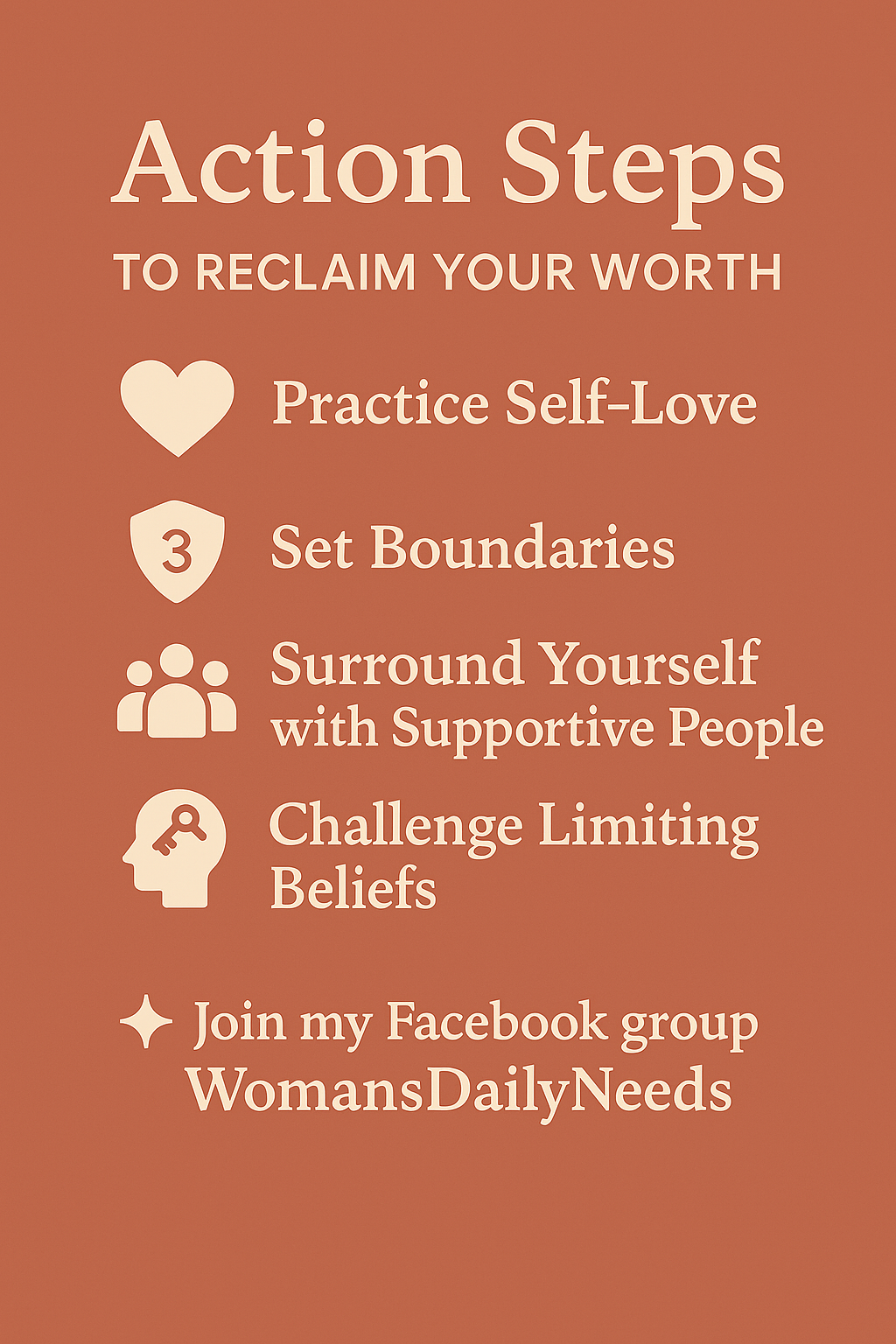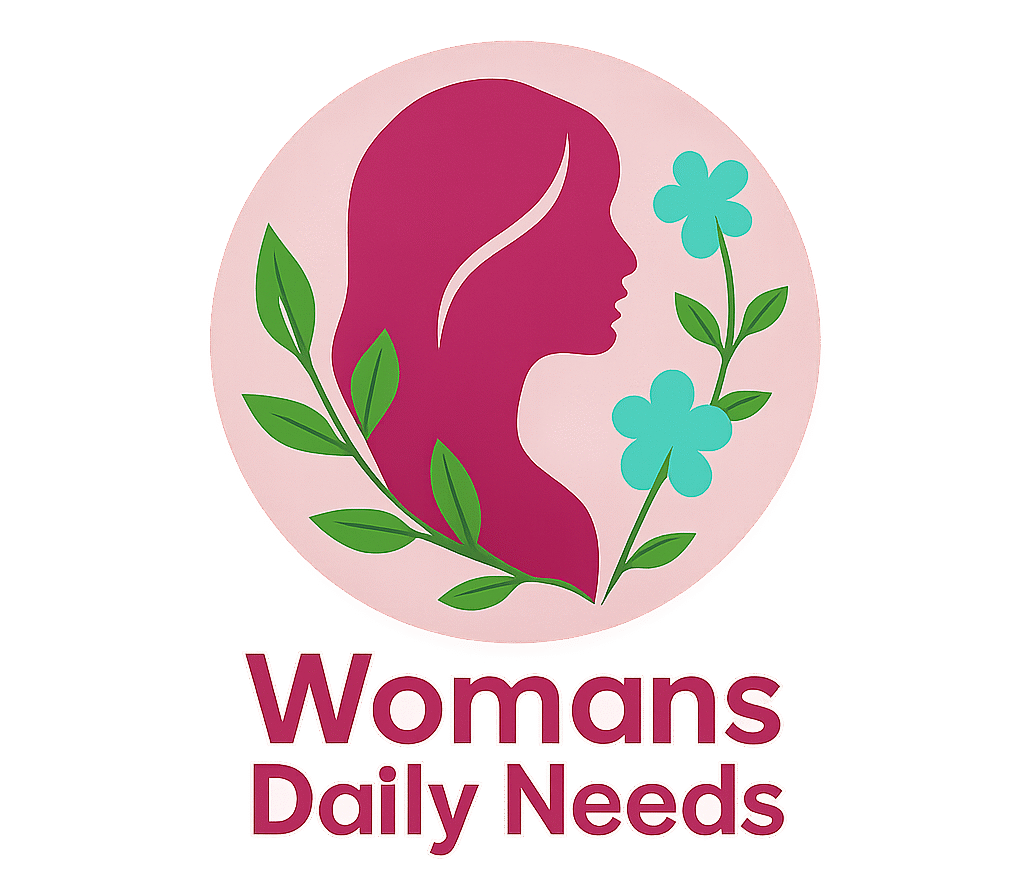Health Issues Don’t Make You Less Worthy

Living with health challenges like epilepsy often comes with more than just physical symptoms—it comes with societal assumptions and judgment. For years, people told me I couldn’t do certain things because of my condition, and for a long time, I believed them. Feeling limited and underestimated was frustrating, isolating, and at times, demoralizing.
Over time, I realized that our health challenges do not define our worth. Practicing self-love, setting boundaries, and surrounding ourselves with supportive people can empower us to live fully and confidently, no matter what anyone else believes. This journey is not just about managing a condition—it’s about reclaiming your voice, your strength, and your right to respect.

Understanding the Intersection of Health Challenges and Self-Worth
Living with a chronic illness, mental health condition, or invisible disability like epilepsy can be isolating. Many women feel misunderstood or underestimated because of their health challenges. For years, I faced people assuming that because I have epilepsy, I couldn’t do certain things—from pursuing career goals to traveling independently.
For a long time, I believed them. I doubted my abilities and felt limited by their judgments. But over time, I realized that my condition does not define my worth or capabilities.
It’s important to remember that your health struggles do not define your worth. Every woman deserves to be treated with kindness, dignity, and respect, regardless of her physical or mental condition.
Tip: For more on valuing yourself and embracing confidence, check out our Empowerment & Self-Worth guide.
The Role of Self-Love in Navigating Health Challenges
Self-love is more than pampering—it’s about acknowledging your worth, honoring your body, and protecting your energy. Living with epilepsy, I had to learn to silence the inner critic that echoed others’ doubts. Self-love is what helped me rebuild my confidence and reclaim my life.
Self-love strategies include:
- Mindful meditation: Spend 10–15 minutes focusing on your breath or repeating affirmations like “I am enough”. Learn more about mindfulness meditation.
- Body awareness: Listen to your body’s cues—fatigue, stress, or triggers are signals, not weaknesses.
- Daily gratitude: Journaling even 3–5 things you are grateful for can shift your perspective. Check out our Daily Self-Care & Empowerment Tips.
Key Takeaway: Self-love empowers you to face health challenges like epilepsy with resilience and confidence, proving that your abilities are not limited by others’ perceptions.
https://file.vidfly.ai/videos/20250826/68ac8c5b54dfc7ba3f8f47d3/d2m8ovgidspg0080012g.mp4
Setting Boundaries: Protect Your Energy
Boundaries are essential for maintaining mental, emotional, and physical health, especially when others underestimate your capabilities. People may unintentionally pressure you to avoid responsibilities, thinking you “can’t handle it.” Learning to say “no” is not selfish—it is an act of self-respect.
Types of boundaries:
- Work boundaries:
-
- Communicate clearly about your limitations without apologizing.
- Advocate for accommodations if needed.
- Family boundaries:
-
- Politely decline unsolicited advice or restrictions.
- Ask for help without guilt.
- Social boundaries:
-
- Avoid friends who minimize or judge your condition.
- Surround yourself with supportive people who respect your independence.
Resource: Read Verywell Mind’s guide on setting boundaries for practical tips.
Building a Support Network
Isolation can worsen feelings of inadequacy or self-doubt, especially for women with epilepsy. Finding a supportive network is vital for emotional well-being.
Ways to build support:
- Online communities for epilepsy, chronic illness, or mental health, such as The Mighty.
- Local wellness or women’s groups.
- Mentorship or coaching programs focused on empowerment.
Inbound link: Read our article on Building Your Team: Finding Women Who Lift You Up to learn how to create lasting supportive relationships.

Celebrating Your Resilience
Living with epilepsy requires immense strength and courage. Every time I achieved something that others assumed I couldn’t, I proved to myself that my health does not limit my potential.
Ways to celebrate resilience:
- Keep a “wins” journal, noting every accomplishment, big or small.
- Reward yourself for tackling challenges despite fatigue or seizures.
- Share your progress with trusted friends or supportive online communities.
Tip: Explore our Daily Self-Care & Empowerment Tips to nurture your mind, body, and spirit.
The Science Behind Self-Love
Research shows that self-compassion reduces stress and improves mental health outcomes. Women who practice self-love are better able to cope with chronic conditions like epilepsy and report higher life satisfaction.
Self-Love Affirmations to Repeat Daily
Affirmations retrain your mind to focus on worth, strength, and resilience:
- I honor my body, mind, and spirit.
- I deserve respect, care, and compassion.
- My health challenges do not define my value.
- I protect my energy and surround myself with support.
Learn more about using affirmations in daily practice from Mindful.org.
Practical Exercises for Energy and Resilience
- Morning reflection: Write down 3 intentions for the day focused on health and self-care.
- Energy check-ins: Pause mid-day to assess energy levels and adjust plans.
- Gratitude journaling: Highlight at least one thing you accomplished despite limitations.
- Weekly review: Reflect on boundaries you maintained and moments of self-love.
Why This Matters
Women with epilepsy—and other health challenges—deserve respect, care, and empowerment. Self-love, boundaries, and supportive networks allow you to live authentically and fully, despite what others might assume about your abilities.
Explore our guide on Empowered Living: Standing Firm in Your Worth for strategies to protect your energy and boost confidence.
Final Thoughts
No one has the right to treat you poorly because of your health. By practicing self-love, setting boundaries, and building supportive networks, you can navigate life confidently and empower yourself every day.
✨ Self-Love Affirmation: I am strong, deserving, and worthy of respect—regardless of my health challenges.
Related Articles
- Empowerment & Self-Worth: How to Value Yourself Every Day
- Building Your Team : Finding Women Who Lift You Up
- Daily Self-Care & Empowerment Tips for Women
- Empowered Living: Standing Firm in Your Worth
- How to Practice Self-Love When Life Gets Tough

Join me now in the Woman’s Daily Needs Facebook Group
Kiersti writes on self-love and personal development professionally. Over the past ten or so years, she has studied self-love and personal growth. Visit https://womansdailyneeds.com/ to learn more about what she does, and like her on Facebook at https://facebook.com/womansdailyneeds to keep up with her.

8 Responses
This really resonated with me. My cousin struggles with a mental health issue, and I’ve seen how often people make assumptions about what she “can” or “can’t” do. Sometimes it feels like the judgment or pity she faces is harder than the condition itself.
I love how you highlighted that health challenges don’t define our worth. That’s something I try to remind her of often, but honestly, it’s a lesson I need to remember too when I catch myself worrying about how others perceive her. The sections on self-love and boundaries stood out to me the most. She’s learning how to say “no” and protect her energy, and I’ve noticed how much stronger and more confident she seems because of it.
Thank you for writing this; it’s both encouraging and practical, and I’ll definitely be sharing it with her.
Thank you so much for sharing this—it truly means a lot. I completely understand what you’re saying. Sometimes the assumptions and quiet judgments from others feel heavier than the actual condition itself. That’s why I felt so called to write this piece: to remind us all that worth isn’t conditional, and healing isn’t linear.
Watching someone you love reclaim their power—especially through boundaries and self-love—is one of the most beautiful things. I’ve had to learn that too: not to carry the weight of how others perceive me or someone I care about. Just not caring what people think has been one of the most freeing shifts in my journey.
I’m so glad the message resonated with you and your cousin. She’s lucky to have someone who sees her strength and reminds her of it. Thank you for passing this along—it’s how we keep breaking stigma and building safe spaces for healing.
This hits so deep. Living with epilepsy has definitely taken a toll on my self-esteem over the years—there were times I felt broken or like I was somehow less capable than everyone else. The unpredictability, the medications, the way some people react when they find out—it all weighs on you.
What makes it even heavier is that I lost my sister to the same condition. There are moments when survivor’s guilt kicks in, and I’ve wrestled with questions about why I’m still here when she isn’t. It’s complicated grief mixed with my own health struggles.
But through it all, God has pulled me through every dark moment and consistently reminded me that my worth isn’t tied to my diagnosis or what my body can or can’t do. He’s shown me that my sister’s life had meaning, and so does mine—not despite our epilepsy, but as whole people whose stories include this challenge.
Your post is such a needed reminder that our health doesn’t define our value. Thank you for sharing this truth—it’s something those of us with chronic conditions need to hear regularly.
I’m so sorry for your loss. That kind of grief—especially when it’s tied to your own health journey—is layered and sacred. I’ve felt the weight of survivor’s guilt too, and it’s something that reshapes you from the inside out. Living with epilepsy has tested my self-worth in ways I never expected. The unpredictability, the reactions, the medications… it’s a lot. But through it all, I’ve learned that my value isn’t up for debate.
God has pulled me through every dark moment, reminding me that I’m not broken—I’m becoming. My sister’s life had deep meaning, and so does mine. Not in spite of epilepsy, but as a whole soul whose story includes it. Her memory fuels my strength, and my healing honors her legacy.
Thank you for seeing the truth in what I shared. We deserve to be reminded—often—that our diagnosis doesn’t define our destiny.
This is such a powerful and uplifting piece, Kiersti! I really appreciate how you reframed health challenges from being a limitation into a source of strength and resilience. The practical strategies—like setting boundaries and keeping a “wins” journal—make the message feel actionable, not just inspirational. One question for you: when you first started practicing self-love while living with epilepsy, which habit or mindset shift made the biggest difference in helping you rebuild your confidence?
Thank you so much—that means the world to me. Reframing my experience with epilepsy wasn’t just about healing physically—it was about reclaiming my worth energetically. The biggest shift? Honestly, it was deciding to stop caring what people thought. That mindset cracked open everything.
When I stopped performing for approval and started honoring my truth, I felt free. Free to rest when I needed. Free to say no without guilt. Free to celebrate small wins without needing validation. That shift gave me permission to see my body not as broken, but as brave. And from that place, confidence wasn’t something I chased—it was something I remembered.
I love how you framed boundaries as an act of self-respect rather than selfishness. That mindset shift is so powerful, especially when dealing with people who “mean well” but unintentionally minimize what we’re capable of. I think the reminder that health challenges don’t define our worth is something society as a whole still needs to hear more often. Articles like this help break down stigma and give people hope. Thanks for that.
Do you find that setting boundaries gets easier with time, or does it always feel like a challenge depending on who you’re setting them with?
Absolutely. Setting boundaries becomes more embodied over time. At first, it can feel like a confrontation—especially with people who “mean well” but unknowingly cross lines. But as you grow in self-respect, boundaries shift from being reactive to being intuitive. They become less about defense and more about energetic clarity.
Some situations still carry emotional weight, especially when love or history is involved. But the more you honor your truth, the less you tolerate distortion. Boundaries stop feeling like walls and start feeling like invitations—for others to meet you in your wholeness.
It’s not always easy, but it’s always worth it.